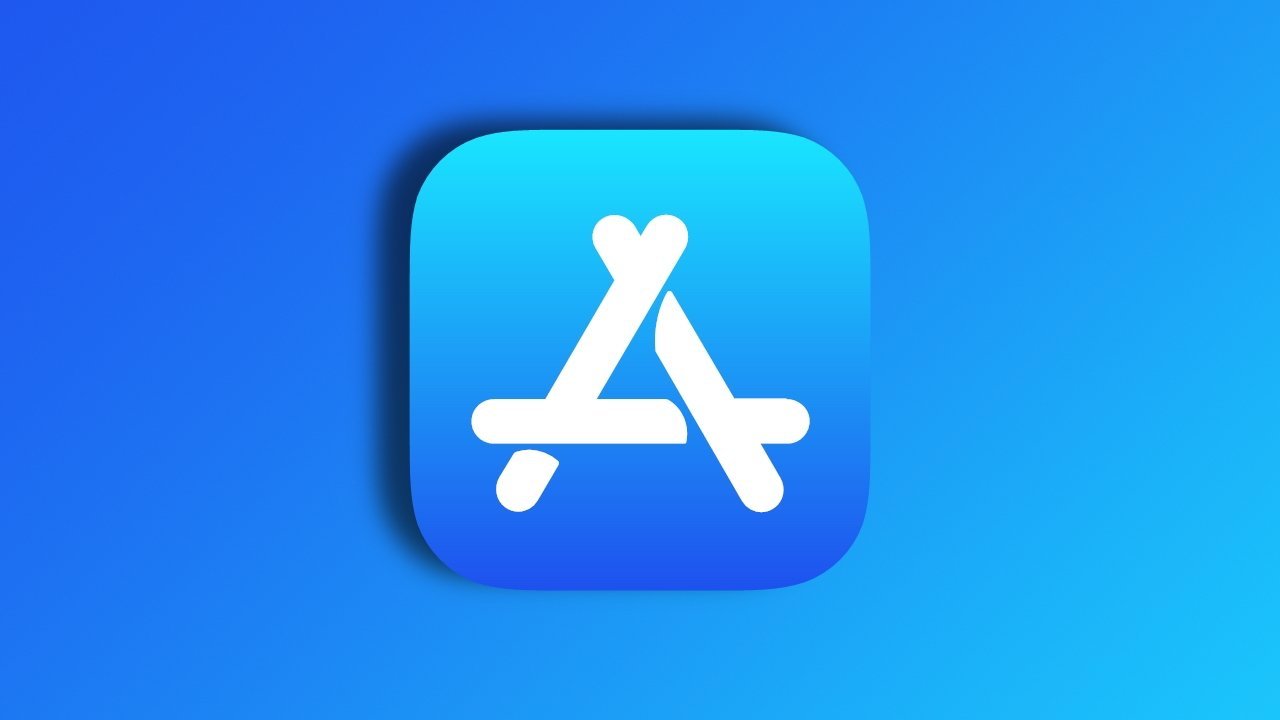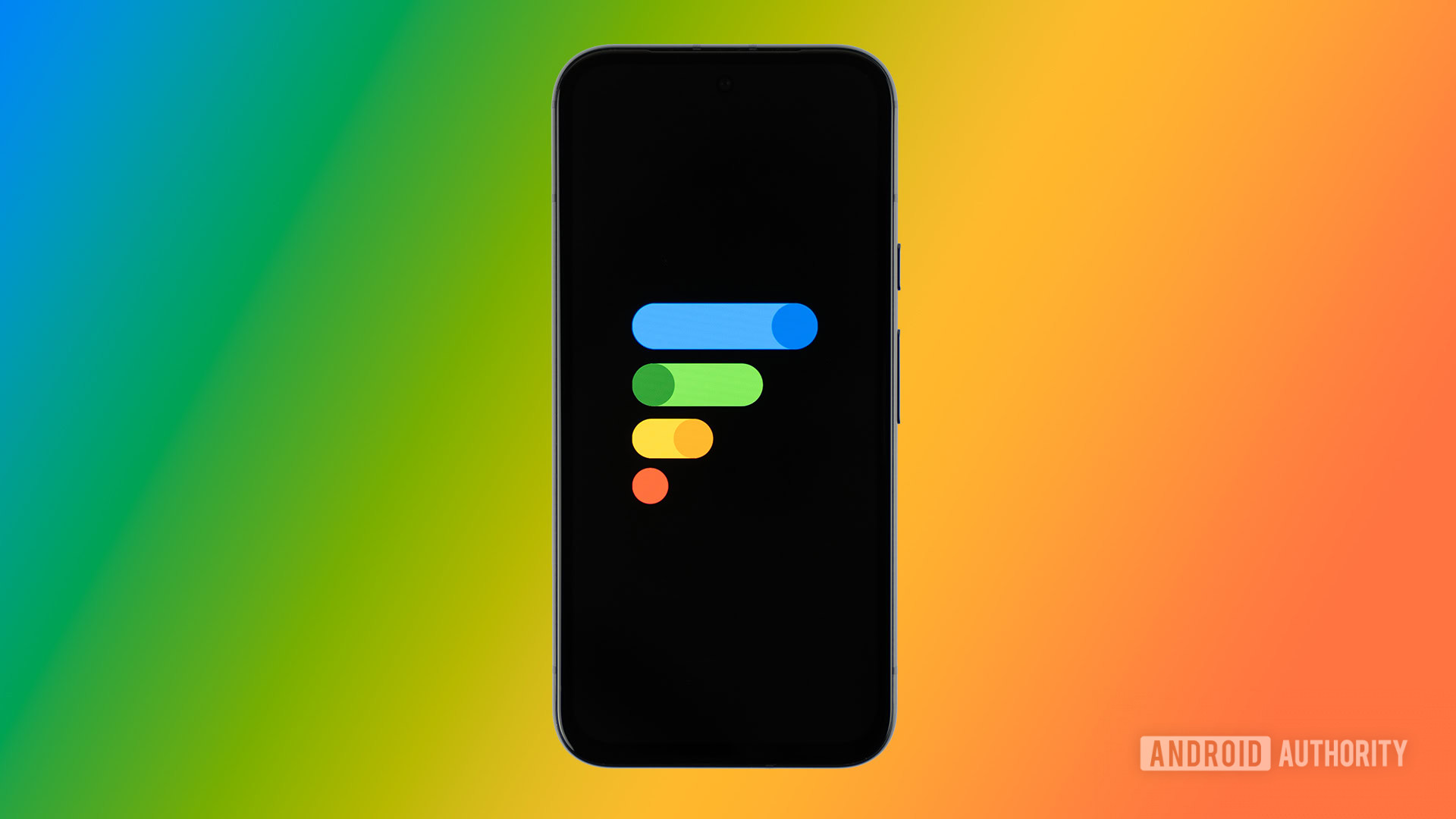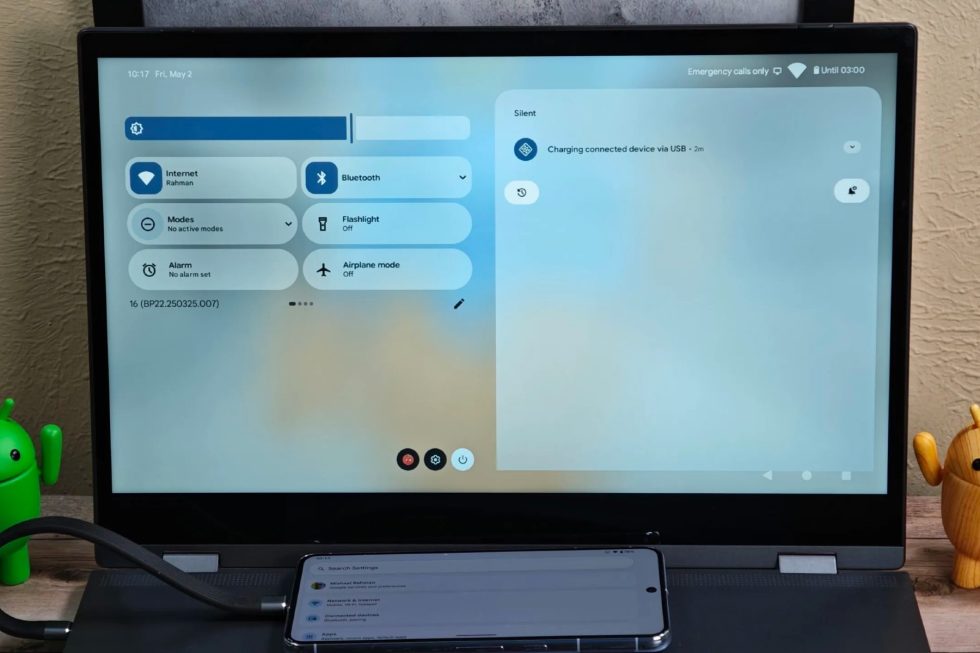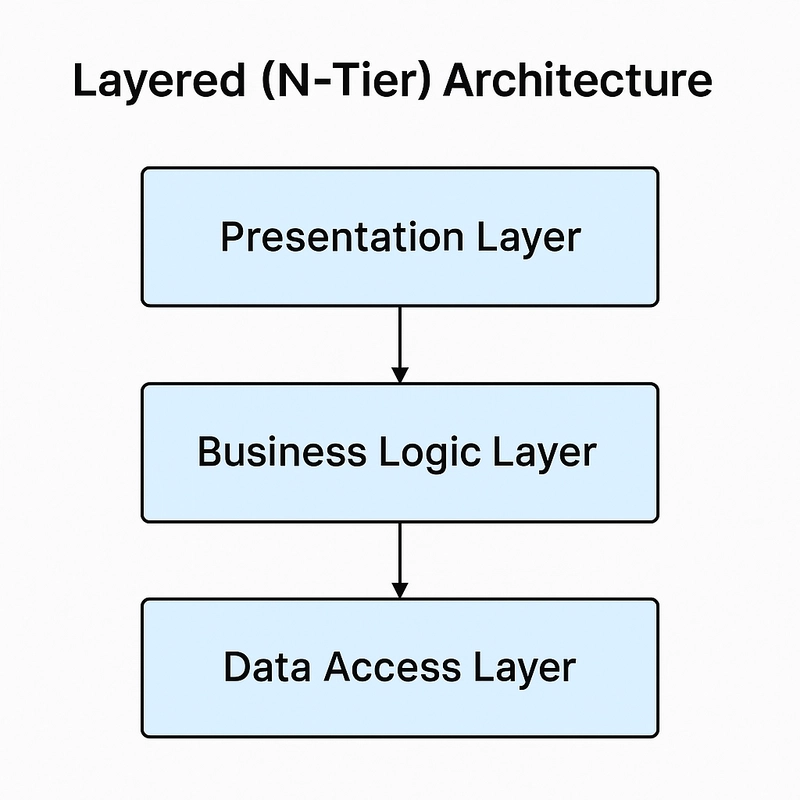How to Fix 'Expression is Ambiguous for Type Lookup' in Swift?
Introduction If you're running into the error 'Expression is ambiguous for type lookup in this context' while working on a React Native app using Swift and the Apollo pod, you're not alone. This issue often arises due to compatibility problems between Xcode updates, CocoaPods configurations, or Swift code dependencies. In this article, we'll explore the reasons behind this error, and provide a detailed, step-by-step guide to resolve it. Why This Issue Happens Xcode updates can introduce new Swift features or deprecate older ones that may conflict with existing libraries. When you updated to Xcode 16.2, it could have changed some Swift language rules or created inconsistencies with your libraries. Additionally, if your CocoaPods setup is not correctly configured to match the latest Swift and iOS SDK versions, you may experience type ambiguity errors, especially when dealing with native libraries like Apollo. Step-by-Step Solution to Resolve the Error To fix the 'Expression is ambiguous for type lookup' error in your React Native application's iOS module, follow these steps: Step 1: Clean Your Build Folder Start by cleaning your build folder to ensure there are no stale data from previous build attempts. Open Xcode. Navigate to the top menu bar and select Product > Clean Build Folder or simply press Shift + Command + K. Step 2: Update Your CocoaPods Make sure your CocoaPods are updated to the latest versions that are compatible with Xcode 16.2. Open Terminal and navigate to your project directory. Run the following commands: sudo gem install cocoapods pod repo update pod install This updates CocoaPods itself, refreshes the specs repository, and reinstalls the project's pods. Step 3: Modify Your Podfile Your Podfile may need some adjustments. Given your provided snippet, it seems suitable but let's ensure it's correctly configured: source 'https://github.com/CocoaPods/Specs.git' require_relative '../node_modules/react-native/scripts/react_native_pods' require_relative '../node_modules/react-native-unimodules/cocoapods.rb' require_relative '../node_modules/@react-native-community/cli-platform-ios/native_modules' platform :ios, '14.0' use_frameworks! :linkage => :static use_modular_headers! install! 'cocoapods', :disable_input_output_paths => true target 'myProject' do use_unimodules! config = use_native_modules! use_react_native!(:path => config["reactNativePath"]) end Ensure that your platform version matches the minimum requirement for both your app and libraries. You might also want to check for additional configuration options specific to the Apollo GraphQL pod you're using. Step 4: Check Swift Version Compatibility Sometimes, the ambiguous expression can arise from using incompatible Swift versions between your code and the libraries. Ensure that: The Swift version specified in your project settings is compatible with the versions required by your libraries. You can set the Swift version manually in Xcode by: Select your project in the Project Navigator. Go to the Build Settings tab. Search for “Swift Language Version” and set it accordingly (e.g., to Swift 5). Step 5: Check Your Code for Type Ambiguities When dealing with multiple libraries, ensure you're not running into type name conflicts. Verify that: You import libraries only once. Check for any overlapped class or struct naming that might confuse Swift's type system. Step 6: Rebuild Your Project After making all these changes, rebuild your project from Xcode: Product > Build or press Command + B. If successful, your project should now run without the ambiguity error. Frequently Asked Questions (FAQ) Q1: What should I do if the issue persists? A1: If the issue persists, consider updating your React Native version and checking the relevant GitHub issues in repositories for more guidance. Q2: How do I further investigate type ambiguities? A2: Use Xcode’s Quick Help feature by hovering over ambiguous code to get insights into potential conflicts or issues with imported modules. Q3: Is there a chance that this issue will happen again with future Xcode updates? A3: Yes, it's possible. Always check compatibility notes in the release notes of both React Native and any third-party libraries after updating Xcode. Conclusion The error 'Expression is ambiguous for type lookup' can be frustrating, especially for newcomers to iOS development with React Native. By following the abovementioned detailed steps, you should be well-equipped to tackle this error after updating to Xcode 16.2. Always remember to keep your libraries updated and reference documentation for the best practices in Swift and CocoaPods integration.

Introduction
If you're running into the error 'Expression is ambiguous for type lookup in this context' while working on a React Native app using Swift and the Apollo pod, you're not alone. This issue often arises due to compatibility problems between Xcode updates, CocoaPods configurations, or Swift code dependencies. In this article, we'll explore the reasons behind this error, and provide a detailed, step-by-step guide to resolve it.
Why This Issue Happens
Xcode updates can introduce new Swift features or deprecate older ones that may conflict with existing libraries. When you updated to Xcode 16.2, it could have changed some Swift language rules or created inconsistencies with your libraries. Additionally, if your CocoaPods setup is not correctly configured to match the latest Swift and iOS SDK versions, you may experience type ambiguity errors, especially when dealing with native libraries like Apollo.
Step-by-Step Solution to Resolve the Error
To fix the 'Expression is ambiguous for type lookup' error in your React Native application's iOS module, follow these steps:
Step 1: Clean Your Build Folder
Start by cleaning your build folder to ensure there are no stale data from previous build attempts.
- Open Xcode.
- Navigate to the top menu bar and select Product > Clean Build Folder or simply press Shift + Command + K.
Step 2: Update Your CocoaPods
Make sure your CocoaPods are updated to the latest versions that are compatible with Xcode 16.2.
- Open Terminal and navigate to your project directory.
- Run the following commands:
sudo gem install cocoapods pod repo update pod install
This updates CocoaPods itself, refreshes the specs repository, and reinstalls the project's pods.
Step 3: Modify Your Podfile
Your Podfile may need some adjustments. Given your provided snippet, it seems suitable but let's ensure it's correctly configured:
source 'https://github.com/CocoaPods/Specs.git'
require_relative '../node_modules/react-native/scripts/react_native_pods'
require_relative '../node_modules/react-native-unimodules/cocoapods.rb'
require_relative '../node_modules/@react-native-community/cli-platform-ios/native_modules'
platform :ios, '14.0'
use_frameworks! :linkage => :static
use_modular_headers!
install! 'cocoapods', :disable_input_output_paths => true
target 'myProject' do
use_unimodules!
config = use_native_modules!
use_react_native!(:path => config["reactNativePath"])
end
Ensure that your platform version matches the minimum requirement for both your app and libraries. You might also want to check for additional configuration options specific to the Apollo GraphQL pod you're using.
Step 4: Check Swift Version Compatibility
Sometimes, the ambiguous expression can arise from using incompatible Swift versions between your code and the libraries. Ensure that:
- The Swift version specified in your project settings is compatible with the versions required by your libraries.
- You can set the Swift version manually in Xcode by:
- Select your project in the Project Navigator.
- Go to the Build Settings tab.
- Search for “Swift Language Version” and set it accordingly (e.g., to Swift 5).
Step 5: Check Your Code for Type Ambiguities
When dealing with multiple libraries, ensure you're not running into type name conflicts. Verify that:
- You import libraries only once.
- Check for any overlapped class or struct naming that might confuse Swift's type system.
Step 6: Rebuild Your Project
After making all these changes, rebuild your project from Xcode:
- Product > Build or press Command + B. If successful, your project should now run without the ambiguity error.
Frequently Asked Questions (FAQ)
Q1: What should I do if the issue persists?
A1: If the issue persists, consider updating your React Native version and checking the relevant GitHub issues in repositories for more guidance.
Q2: How do I further investigate type ambiguities?
A2: Use Xcode’s Quick Help feature by hovering over ambiguous code to get insights into potential conflicts or issues with imported modules.
Q3: Is there a chance that this issue will happen again with future Xcode updates?
A3: Yes, it's possible. Always check compatibility notes in the release notes of both React Native and any third-party libraries after updating Xcode.
Conclusion
The error 'Expression is ambiguous for type lookup' can be frustrating, especially for newcomers to iOS development with React Native. By following the abovementioned detailed steps, you should be well-equipped to tackle this error after updating to Xcode 16.2. Always remember to keep your libraries updated and reference documentation for the best practices in Swift and CocoaPods integration.





































































































































































![[The AI Show Episode 145]: OpenAI Releases o3 and o4-mini, AI Is Causing “Quiet Layoffs,” Executive Order on Youth AI Education & GPT-4o’s Controversial Update](https://www.marketingaiinstitute.com/hubfs/ep%20145%20cover.png)






























































































































![[DEALS] Microsoft 365: 1-Year Subscription (Family/Up to 6 Users) (23% off) & Other Deals Up To 98% Off – Offers End Soon!](https://www.javacodegeeks.com/wp-content/uploads/2012/12/jcg-logo.jpg)









































































































.jpg?#)
.jpg?#)

































_Inge_Johnsson-Alamy.jpg?width=1280&auto=webp&quality=80&disable=upscale#)













































































































![New Powerbeats Pro 2 Wireless Earbuds On Sale for $199.95 [Lowest Price Ever]](https://www.iclarified.com/images/news/97217/97217/97217-640.jpg)
![Alleged iPhone 17-19 Roadmap Leaked: Foldables and Spring Launches Ahead [Kuo]](https://www.iclarified.com/images/news/97214/97214/97214-640.jpg)

![New Apple iPad mini 7 On Sale for $399! [Lowest Price Ever]](https://www.iclarified.com/images/news/96096/96096/96096-640.jpg)



































































































